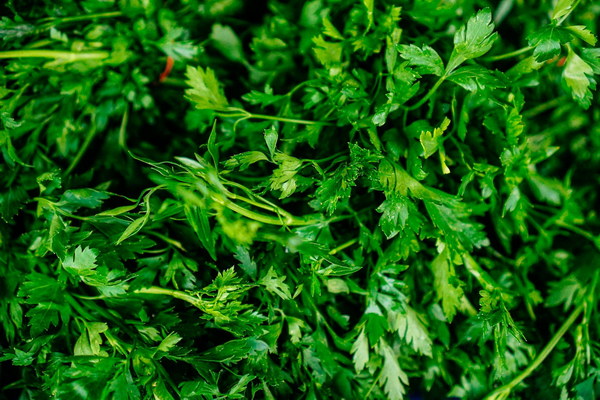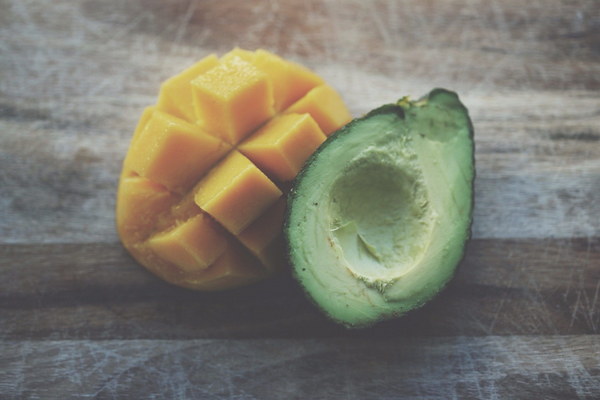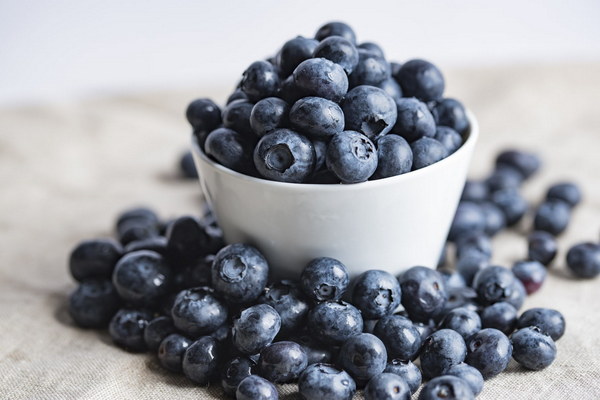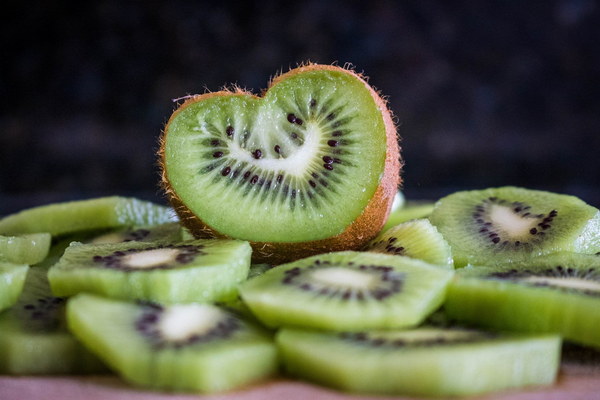Unveiling the Anti-Aging Powers of Ginger Fact or Fiction
Ginger, a root known for its distinctive flavor and health benefits, has long been celebrated in traditional medicine. But can this humble spice actually help us slow down the aging process? Let's delve into the science behind ginger's potential anti-aging properties.
Ginger has been used for thousands of years in various cultures to treat a wide range of ailments, from nausea to inflammation. Its active compound, gingerol, is believed to be responsible for many of its therapeutic effects. Now, researchers are exploring whether ginger's anti-inflammatory and antioxidant properties can contribute to a healthier, more youthful appearance.
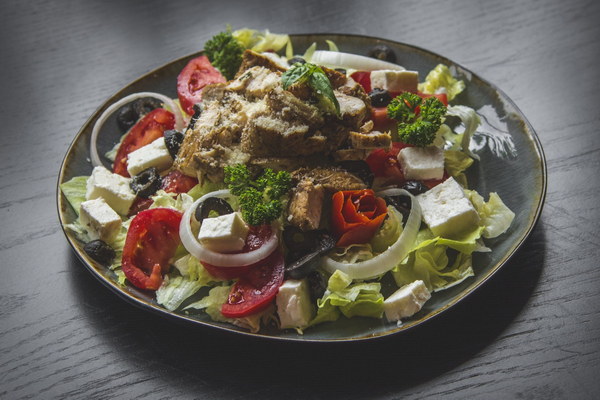
One of the primary reasons ginger is thought to be an anti-aging food is its ability to combat inflammation. Chronic inflammation has been linked to numerous age-related diseases, including heart disease, diabetes, and Alzheimer's. Gingerol's anti-inflammatory effects can help reduce the production of pro-inflammatory cytokines, thereby potentially reducing the risk of these diseases and promoting a healthier aging process.
Moreover, ginger is rich in antioxidants, which protect cells from damage caused by free radicals. Free radicals are unstable molecules that can damage cells and contribute to aging. By neutralizing these harmful molecules, antioxidants can help maintain cellular integrity and reduce the signs of aging, such as wrinkles and age spots.
Several studies have investigated the potential anti-aging effects of ginger. One study published in the Journal of the Science of Food and Agriculture found that ginger extract could improve skin elasticity and reduce the appearance of wrinkles. Another study published in the Journal of Ethnopharmacology showed that gingerol could enhance the production of collagen, a protein essential for maintaining skin firmness and elasticity.
While these findings are promising, it's essential to recognize that more research is needed to fully understand the extent of ginger's anti-aging benefits. Some experts argue that the amount of ginger required to achieve these effects may be impractical for most people's diets.
In addition to its potential anti-aging effects, ginger offers numerous other health benefits. It has been shown to improve digestion, reduce nausea, and alleviate symptoms of osteoarthritis. Its anti-inflammatory properties may also help in the prevention and treatment of certain types of cancer.
To incorporate ginger into your diet and potentially reap its anti-aging benefits, consider adding fresh ginger to your meals, such as stir-fries, smoothies, or tea. You can also find ginger in supplement form, though it's important to consult with a healthcare professional before starting any new supplement regimen.
In conclusion, while ginger may not be a magic bullet for reversing the aging process, it does offer several potential anti-aging benefits. Its anti-inflammatory and antioxidant properties make it a promising candidate for promoting a healthier, more youthful appearance. As with any dietary supplement, it's essential to approach ginger consumption with a balanced perspective and consult with a healthcare professional before making significant changes to your diet or supplement routine.

